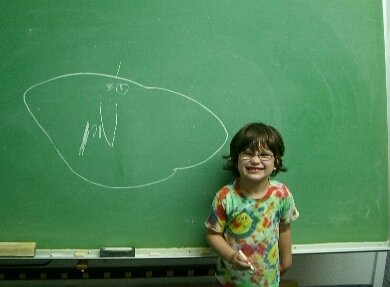
Strabismus is a vision condition in which a person cannot align both eyes simultaneously. One or both of the eyes may turn in “cross eyed” (esotropia), out “wall eyed” (extropia), up (hypertropia) or down (hypotropia).
An eye turn may be constant or intermittent (turning only some of the time, such as concentrating at a near task, day dreaming or when under stressful situations).
Strabismus often develop in children when there is confusion in the visual space. It is rare that a child is born with it. Somewhere along the child's development there was interruption in his learning to use information coming from both eyes simultaneouly. Adults after a traumatic brain injury or stroke can also develop strabismus.
Strabismus is treated with lenses and vision therapy as opposed to eye muscle surgery that ophthalmologists perform. Prescribing the right pair of lenses is the first step and in some instances will straighten the eyes immediately.
In instances where eye muscle surgeries have already been performed, whether the eyes are straight or not, there may very well still be problems with coordination, depth perception, reading, writing, learning, and sport performance. We work with patients post surgery to teach them how to use their vision more efficiently.
Recent scientific research has disproven the long held belief that children with amblyopia can’t be helped after age 7. Sue Barry, a neuro scientist, learned to use her eyes together and started seeing 3D at 48 years of age. She was born with an eye turn.